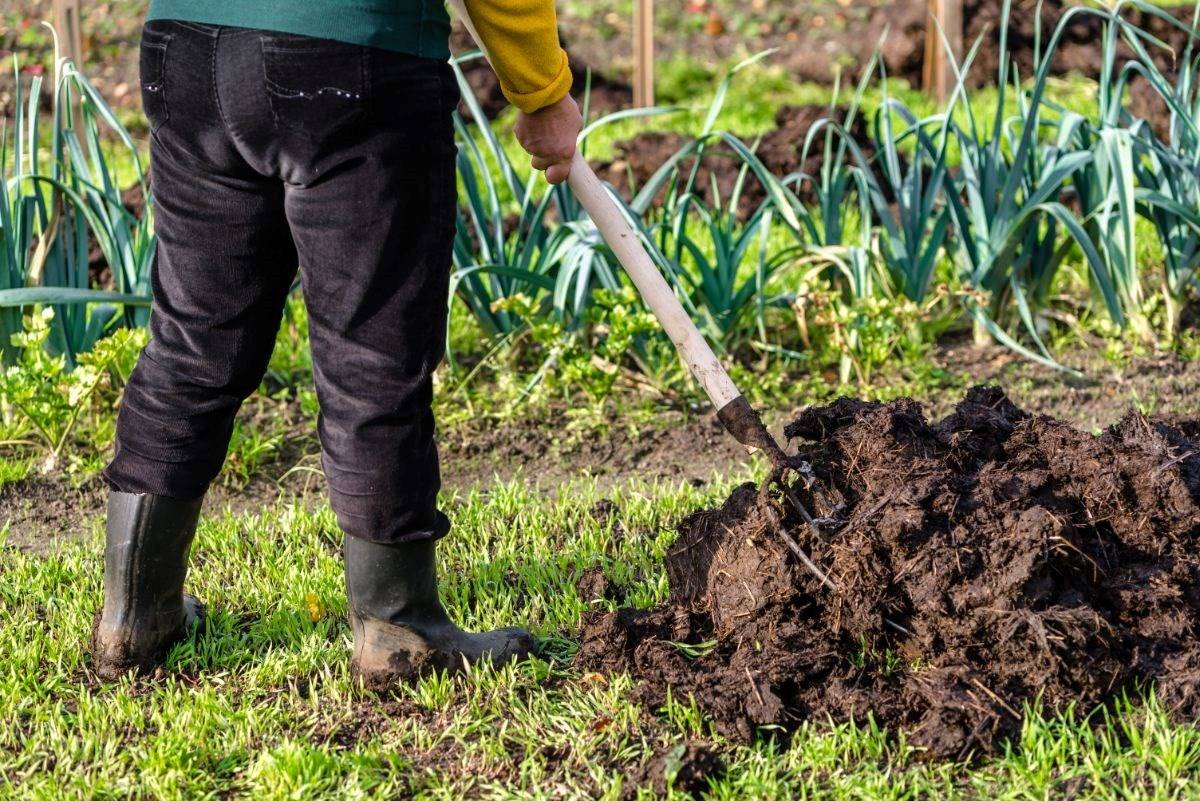
One of the most significant biotic barriers to worldwide agricultural productivity is weeds. They host insects and illnesses and compete with crops for resources like sunshine, water, nutrients and space. Both the amount and quality of agricultural products are decreased by weeds, which also raises cultivation costs overall. Weeds and infections are the two factors that have the greatest potential to reduce crop productivity and it is estimated that they cost Indian agricultural production more than USD 11 billion annually (Gharde et al., 2018). Crop yield losses caused by weeds vary depending on the kind of weeds and crops, weed density, weed emergence time, key period of competition, etc., and if unchecked, can even result in a 100% yield loss.
Due to rising agricultural wage costs and the emigration of rural labour to cities, manual weeding, which used to be the most popular method of weed management in developing nations, is becoming less widespread. Herbicide use is quickly taking the place of hand weeding. However, an unscientific practice of overreliance on herbicides with comparable mechanisms of action has led to the evolution of herbicide-resistant weeds. There are already more than 500 distinct examples of weeds that are resistant to herbicides (Heap, 2019). These problems and worries have forced and prompted agronomists to create new environmentally friendly weed control techniques like brown manuring and to think about the possibility of combining these with herbicide use.
What is Brown Manuring?
Brown manuring is just a "no-till" variation of green manuring, desiccating the crop using a selective herbicide before blooming rather than cultivating it. This method involves growing green manure crops alongside the crop and using pesticides to eradicate them. Without integration or in-situ ploughing, the plant wastes are left standing in the field with the primary crop until they disintegrate in the soil. In addition to its ability to reduce weeds, organic manure is beneficial. Brown manuring refers to the post-emergence herbicide application on green manure leaves those results in the loss of chlorophyll in leaves displaying brown.
Crops that Respond Well to Brown Manuring (Chauhan and Rahevar, 2021)
Non-leguminous crops: Crops are only utilized in small amounts since they only add organic matter to the soil. Examples include Niger and wild indigo.
Leguminous crops: Crops enrich soils with organic matter and nitrogen. The legumes are preferred because their nodule bacteria enable them to fix atmospheric nitrogen. Examples include sun hemp, lentils, cowpeas, dhaincha, and others.
Typically, brown manuring in rice involves planting Sesbania spp. and rice together. After about 25 days of co-culture, when the dhaincha plants have surpassed the rice plants in height, a weedicide called 2, 4-D is used to destroy the Sesbania plants. Sesbania plants will start to look brown and eventually die after 4-5 days after spraying; leaves will fall to the ground and form mulch, which will assist smother weeds. Because it is a selective herbicide, only Sesbania plants are killed by it; rice plants are left unharmed. The "down-knocking effect" refers to this.
Benefits of Brown Manuring
One of the key benefits of brown manuring is that it helps to improve soil structure. Organic materials, such as leaves and straw, contain a complex network of fibers that help to bind soil particles together. This improves the overall porosity of the soil, making it easier for roots to penetrate and for water and air to circulate.
Another benefit of brown manuring is that it increases the amount of organic matter in the soil. Organic matter is essential for maintaining healthy soil, as it helps to provide a source of energy for microorganisms and other soil inhabitants. These microorganisms are responsible for breaking down organic matter into simpler compounds that can be taken up by plants.
Brown manuring also helps to improve soil fertility by providing a source of nutrients for plants. Organic materials, such as compost, contain a wide range of nutrients, including nitrogen, phosphorus, and potassium, which are essential for plant growth. Additionally, brown manuring can help to improve soil pH, making it more alkaline or acidic depending on the type of organic material used.
There are several methods for brown manuring to work:
Cover cropping: planting a crop that can be ploughed under to add organic matter to the soil
Composting: breaking down organic materials to make a nutrient-rich soil amendment
Mulching: adding a layer of organic material, such as straw or leaves, to the surface of the soil to protect it from erosion and retain moisture
One of the most important things to keep in mind when brown manuring is that it is best to use organic materials that are free from weed seeds or pathogens. This can be accomplished by using materials that have been composted or by using materials that have been treated with heat or chemicals.
Conclusion
Brown manuring is a simple yet effective gardening and farming technique that can help to improve soil structure, fertility and yield. By adding organic materials to the soil, you can improve the overall health of your plants, and create a more sustainable and productive garden or farm.
References
Chauhan, Z. and Rahevar, P. (2021). Brown manuring: Effect on agroecosystems. Journal of Pharmacognosy and Phytochemistry. 10(1): 84-88
Gharde, Y., Singh, P. K., Dubey, R. P., and Gupta, P. K. (2018). Assessment of yield and economic losses in agriculture due to weeds in India. Crop Protection 107: 12–18.
Heap, I. (2019). International Survey of Herbicide Resistant Weeds.










